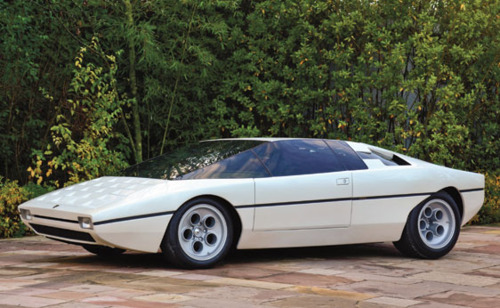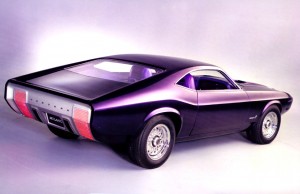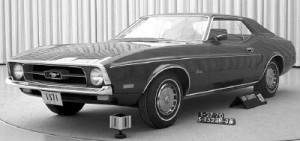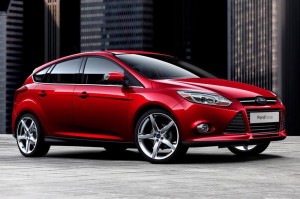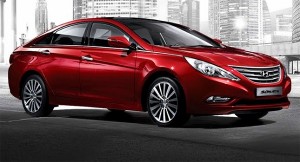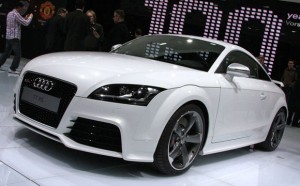A MilesPerHr Feature:
I’ve been reading a remarkable book by Jay Elliot, entitled, “The Steve Jobs Way.”
The theme of the book suggests Mr. Jobs turned Apple into such a successful company because each new product he created was molded strictly based on his vision of simplified, superior devices to make people’s lives better. In effect, he would ask, “why not?” innovate and create a dream product instead of incrementally improving current devices.
So what does this have to do with automotive brands? …Be patient, I’m getting there.
In a chapter about embracing new ideas, Elliot relates one of Steve’s anecdotes.
Steve would describe a “show car” (concept car), with beautiful lines and revolutionary features. The designers would take the plans to the engineers, who would say it’s not possible to build the car that way. The engineers would change the model to make it “possible”. Then the engineers would take the new plans to the manufacturers, who would say it wasn’t possible to construct the car that way either. The manufacturers would make their changes and then the car would be built for the public.
The result would be a model far from the original vision and innovation.
As I was reading this, I pondered the anecdote’s validity. Regarding the past 30 years or more, I would completely agree. Carmakers thought “practically” so many times.
“What can we build that people will buy and will bring us a good profit margin”?
Granted, not all automakers thought this way. Those in the business of building the 10-year-old boy’s dream car for the wealthy adult’s budget always made dramatic vehicles. Pagani, Lamborghini, McLaren, and a handful of others made the concept cars. They really asked, “why not?”.
What about the others, the “average consumer” automakers? Why couldn’t they build cars people desired, not cars they would accept?
Here’s where the “bottom-line” employees from every successful company jump in and say, “well, that’s business”.
No, that’s bullshit.
Why did some automakers fail in 2008? Because building only the “profit margin” cars finally caught up to them. Yes, people’s wallets were tighter and non-essential goods were not being purchased nearly as often. Still, can you imagine the conversations people could have been having regarding a car purchase if vehicles did offer life-improving characteristics?
Instead of the response to “honey, why should we buy that car?” being “well, dear, it’s faster than walking”, people could have said, “that car would really make us happy. I know times are tough right now, but we can have pride in owning this handsome, efficient vehicle”.
Again, the “bottom-line” folks are having a fit, “we wouldn’t make a profit if we built the concept car. Think of it; all that R&D, all those hours making inspired models, all the times people would have to say, ‘why not?’ instead of ‘no’.”
Now if you recall, I said the past few decades had seen many automakers sing to the tune of “good enough”. However, after reading Steve Jobs’s anecdote, I realized: many automakers are finally getting it. Many are asking “why not?” and therefore pushing other automakers to make innovative cars to remain competitive.
Consider the models that have spawned from many traditionally conservative automakers in the past couple years:
Ford? The new Focus and Fiesta are so far from the “economy” cars of previous generations that it’s like a new company built them.
Hyundai? Every new model they are making is better than the last. Each brings style, comfort, and amazing technology to the affordable level.
Audi? What happened to the heavy, boxy cars of the past? The new models are gorgeous, refined, and efficient.
You get the point.
Why weren’t automakers putting forth these kinds of cars years ago? The unfortunate truth is that it took economic disaster to make them realize people won’t buy into crap anymore. To give credit, they could have further withdrew to cheaper quality models with fewer features to maximize the profits but why does it take this type of drama to create the visionary products?
I’d like to see the automakers adopt and adapt the Steve Jobs vision: building innovative goods, innovative cars that make people proud, even inspired to own them.
So here’s to those auto brands who take the vision and make it reality. Those who ask, “why not?”.
***Who are the automakers you feel stick the closest to the concept cars?***

